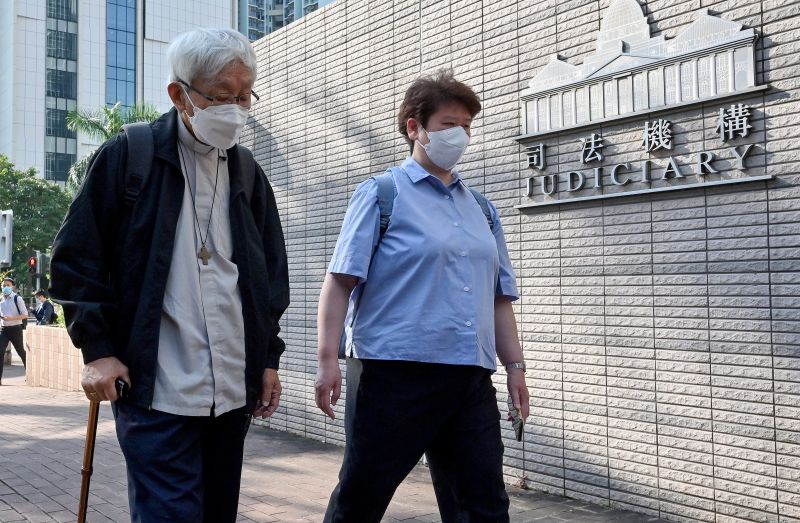
ACI Prensa Staff, Apr 21, 2024 / 07:00 am (CNA).
On Sunday, April 21, in addition to celebrating the World Day of Prayer for Vocations, the Catholic Church in Spain also celebrates what it calls “Native Vocations Day,” to support and provide formation for those who feel called to the priesthood and consecrated life in other countries so that no one is prevented from pursuing a vocation due to lack of resources.
The Pontifical Society of St. Peter the Apostle is in charge of this effort, one of the four Pontifical Mission Societies that in different ways provides the resources to maintain 725 seminaries around the world.
In Asia, these seminaries (152 minor, 13 preparatory, and 62 major) serve more than 15,000 candidates for the priesthood. In Africa, more than 67,000 seminarians attend the 225 minor, 116 preparatory, and 142 major seminaries. In Asia, thanks to the Pontifical Mission Societies, 112 future priests are undergoing formation in five major seminaries, while in the mission lands of the Americas, 157 seminarians are in formation, distributed across one minor seminary, two preparatory, and seven major seminaries, according to data from the Pontifical Mission Societies.
To support these seminaries, in 2023 the Pontifical Society of St. Peter the Apostle allocated more than 16 million euros (about $17 million), which helped support more than 83,000 seminarians and 2,000 formators.
The aid is intended to cover an annual subsidy for living and enrollment expenses, which represents the largest item (78% of the total). The rest is used for the construction and maintenance of the buildings, with means to self-finance, support for formators, scholarships, and to support the first year of formation for the novitiates of religious congregations originating in mission territories.
One priest’s story
Father Nicéforo Obama learned to read with the Spanish Carmelite missionaries of Charity of St. Joaquina de Vedruna, who went to spread the Gospel in Equatorial Guinea in the 1980s. As a young child, he discovered his priestly vocation and soon entered the minor seminary. He was ordained a priest a decade ago.
During a meeting held April 16 in Madrid, Obama explained that the first thing he noticed when he reached the age of reason was the Church and the charitable works of the nuns, which made him wonder: “Why do these young girls leave Spain, their people, to work here; what will they be gaining from it?”
All of this was causing him inner anxiety. In primary school, he could see the vulnerability of the human condition and found that “Jesus is the one who gives meaning to life and the one who has the answers to the great questions that human beings have,” he explained. This led him to decide to become a priest, not only “to find the answer in Jesus but to help others find these answers.”
After going through the minor seminary, he attended the interdiocesan major seminary, which was run by the Diocese of Ávila in an agreement with the Spanish Bishops’ Conference.
“If your parents don’t have enough to eat, how are they going to support a vocation?” he asked, to give an example of the typical mentality in mission lands where people don’t always understand “how you can invest in a student who isn’t going to generate income for the family.”
The priest explained that unlike the governments in developed countries, in mission lands the Church also provides health care, education, and charitable assistance in addition to its mission to catechize and provide the sacraments. Thus, “supporting one of these vocations is helping many people.”
The Pontifical Mission Societies has a website (in Spanish) dedicated to vocations in other countries where testimonies are shared, specific details of different projects are explained, and there is an opportunity to make a donation.
This story was first published by ACI Prensa, CNA’s Spanish-language news partner. It has been translated and adapted by CNA.
If you value the news and views Catholic World Report provides, please consider donating to support our efforts. Your contribution will help us continue to make CWR available to all readers worldwide for free, without a subscription. Thank you for your generosity!
Click here for more information on donating to CWR. Click here to sign up for our newsletter.





Leave a Reply